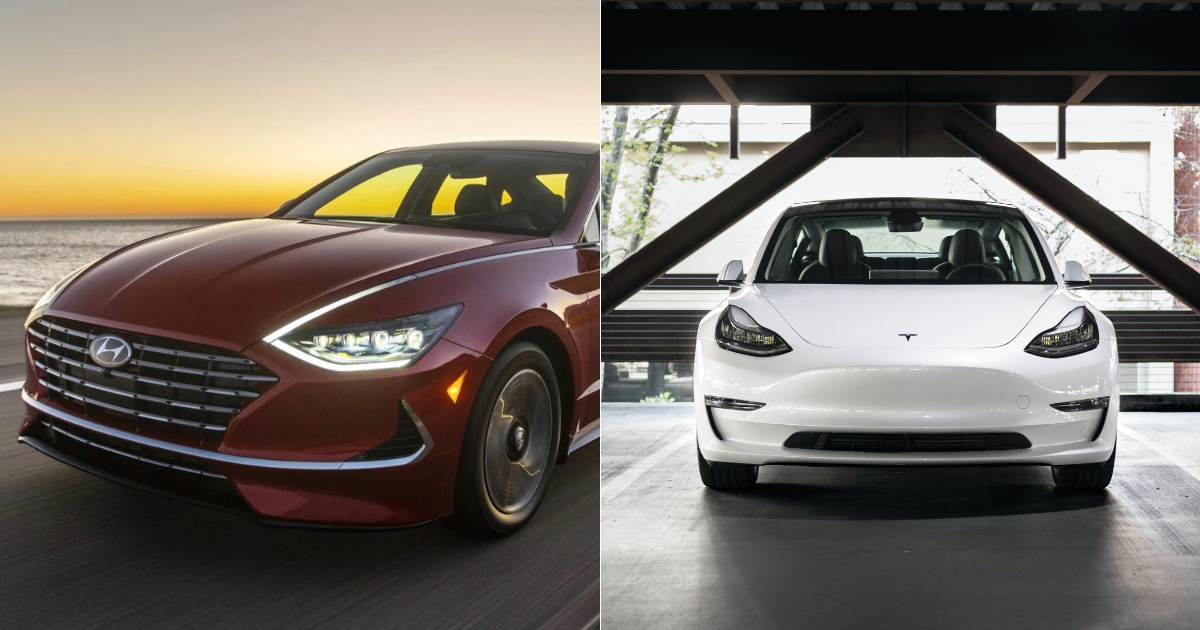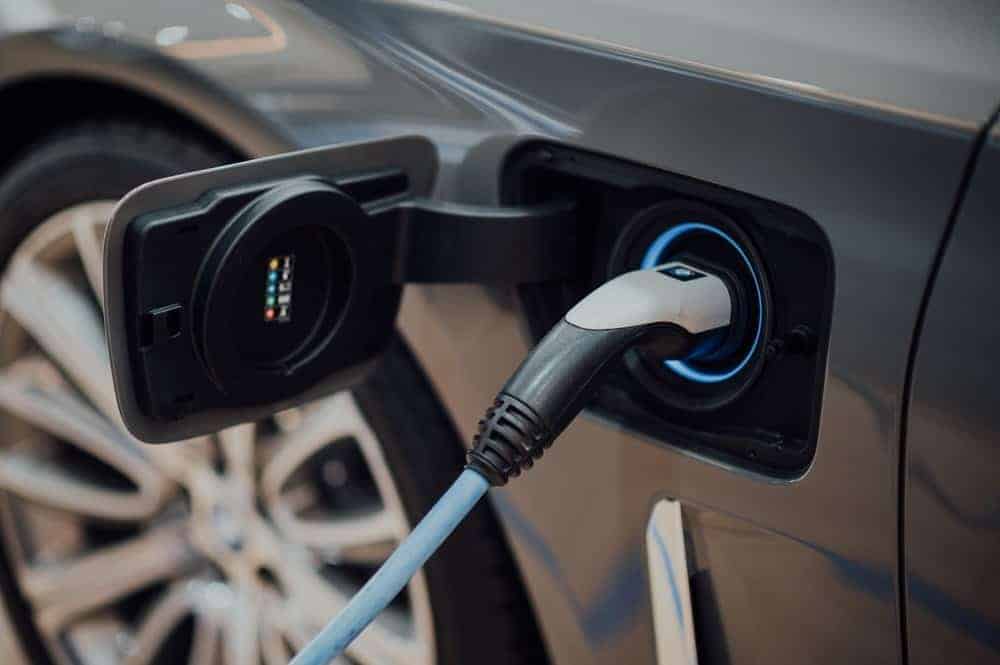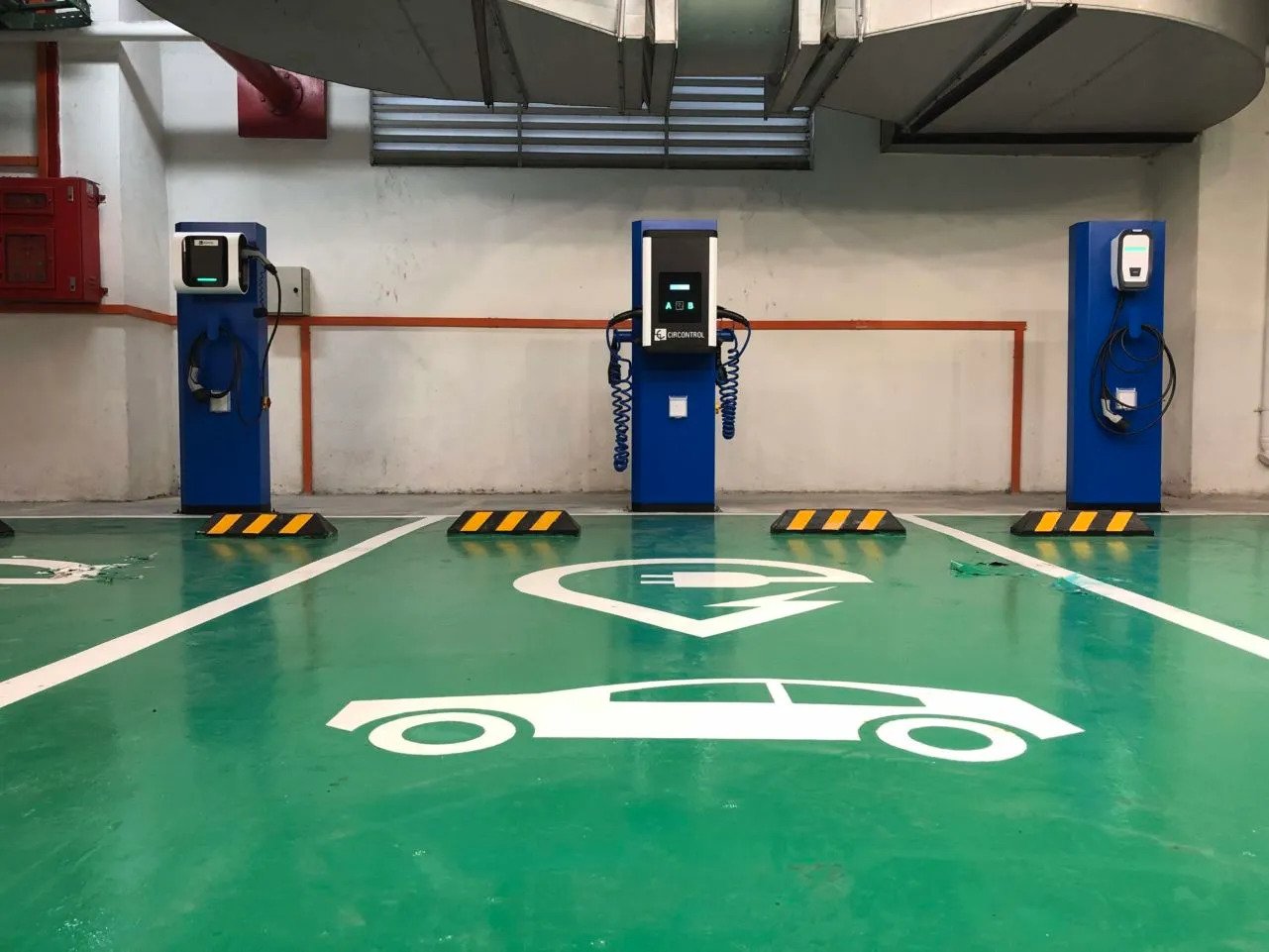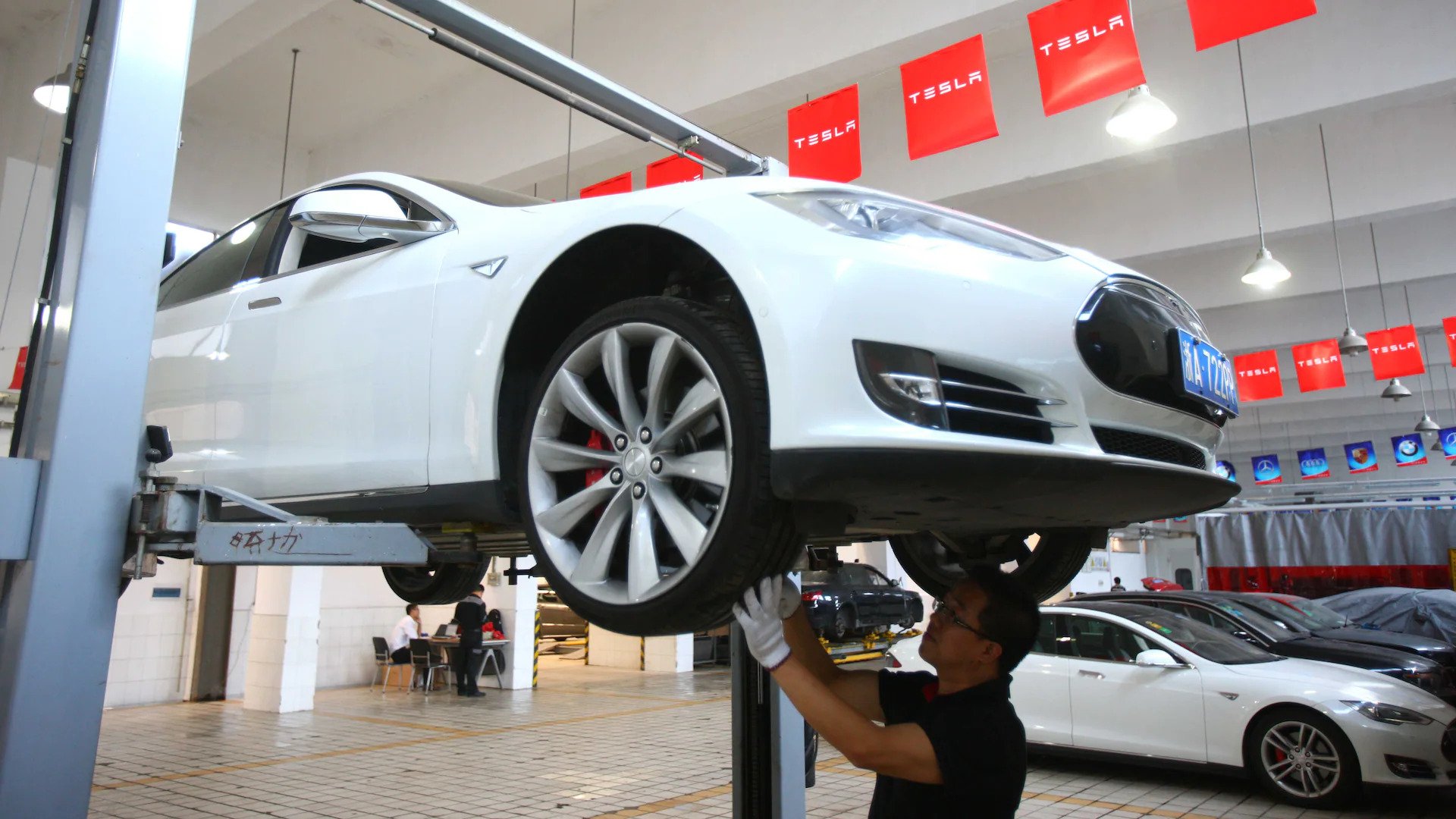There Are 10,000 EVs In Malaysia. We Break Down Whether It's Worth For You To Own One
Is it worth it?
Electric vehicles (EVs) are the modern alternative to petrol-powered cars, but are they worth the hype?
Generally, EVs provide a wealth of benefits as compared to their petrol-powered big brothers, mainly on the account that they are allegedly better for the environment, and provide better performance.
Although EVs are more widespread across first-world countries, their presence seems to be slowly gaining traction in developing countries like Malaysia, too.
According to the Road Transport Department Malaysia (JPJ) Datuk Zailani Hashim, there are more than 10,000 fully-electric vehicles registered in Malaysia as of December 2022. With over 100,000 electrified vehicles, including various hybrid types, as reported by Paul Tan.
1. Types
They are three types of EVs — Full Hybrid Electric Vehicles (HEVs), Plug-in Hybrid Electric Vehicles (PHEVs), and Battery Electric Vehicles (BEVs).
According to Toyota, the primary difference between a hybrid and an electric vehicle is how each is powered: A hybrid switches seamlessly between electric energy and a blend of petrol and electric power, whereas an electric vehicle runs on battery power alone.
Here's how you can expect each of them to work:
HEV
A HEV has both a fuel tank that supplies gas to the engine, as well as a set of batteries that run an electric motor. According to Progressive, full hybrid cars work like electric cars at slower speeds, and they work like gas-powered cars at higher speeds.
PHEV
A PHEV boasts a larger and rechargeable battery as compared to a HEV. In a PHEV, the battery is the primary power source for the car, and need to be connected to an external power source to fully recharge.
BEV:
A BEV is exclusively powered by a battery. They also exude lower carbon emissions compared to hybrids who are still dependent on an internal combustion engine.
2. Cost
When you're looking to buy a car, the primary thing you look for is the price. And it goes without saying that hybrid and fully-electric cars are on the pricier side.
According to WapCar, the current cheapest electric car in Malaysia is the BYD ATTO 3 which starts at RM149,800. Additionally, the most expensive one is the Mercedes-Benz EQS which retails at a whopping RM698,888.
Aside from the price of the car itself, you also need to consider their charging fees. There are two types of charging you can find, which are alternate current (AC) charging and direct current (DC) charging.
To put it in simple terms, DC charging is often faster than AC charging, but is also more expensive. You can also break down charging into:
Public charging:
The price for public charging varies. According to Trappo, it can cost anywhere between RM50 to RM150 to fully charge an EV depending on the car.
Home charging
You need to first install an EV-charging station in your home to use home-charging, and that can cost between RM3,000 to RM5,900 for a 7kW EV charger, or RM5,000 to RM7,900 for a 22kW charger, as reported by EV Guru.
E.On Energy reports that it is also perfectly possible to charge your electric car using a conventional 3-pin plug and domestic plug at home but it can be very slow. A standard 2.4kW socket can take over 24 hours to fully-charge your EV battery.
MahSing states that charging at home is actually the cheapest way to maintain an EV, as you avoid the hiked up rates of commercial EV-charging stations.
3. Accessibility
If you don't plan on installing an EV-charging station or using a three-pin plug to charge your EV, then you'll have to solely rely on commercial EV-charging stations. According to the Ministry of International Trade and Industry's (MITI) Industrial Development Division senior director Datuk Hanafi Sakri, Malaysia has about 900 EV charging stations as of February 2023, as reported by EdgeProp.
That being said, Bernama reports that the Government plans to install over 10,000 charging stations in Malaysia by 2025.
In contrast, there are about 3,350 petrol stations nationwide, according to the Centre For Entrepreneur Development And Research (CEDAR).
4. Features and maintenance
There are a lot of electrical doodads embedded in an EV that's different from a conventional car, and it's something you should be aware about going in.
According to Daniel Sherman Fernandez of dsf, aspiring EV owners must know the main components that make up an EV, which are the EV battery, EV brake system, and EV fluids.
EV battery
The most essential component to an EV is the battery pack system, and how you take care of it directly correlates to how long it lasts. Like a smartphone, it's better to keep the EV battery charged between 20% to 80% whenever you can. Overcharging or leaving the battery at a low-charging state can degrade it.
Most electric car manufacturers provide a battery warranty of three to 10 years. Without a warranty, a battery replacement can cost between RM30,000 to RM100,000. It's also better to keep your EV parked under a shade as the hot weather in Malaysia can affect the health of the battery.
According to national grid, most EVs have a battery life-expectancy of up to 15 to 20 years, which is plenty of time.
EV brake system
All electric and plug-in hybrid vehicles have a feature called 'regenerative breaking'. Essentially, this feature slows the car by using the motor resistance, and sends energy back into the battery that allows the brake pads to last longer.
EV Fluids
EVs have fewer fluids than a conventional car and instead uses a thermal management system to keep the temperature of its battery regulated.
So, is it worth it to own an EV in Malaysia? Well...
In the end, it depends on your budget and needs. Although it may be cheaper to maintain an EV in the long run, it has quite hefty costs to start up because of the car prices to charging station installation fees.
The good news is that the road tax for owning an EV in Malaysia is... RM0! Until the end of 2025, at least. :P



